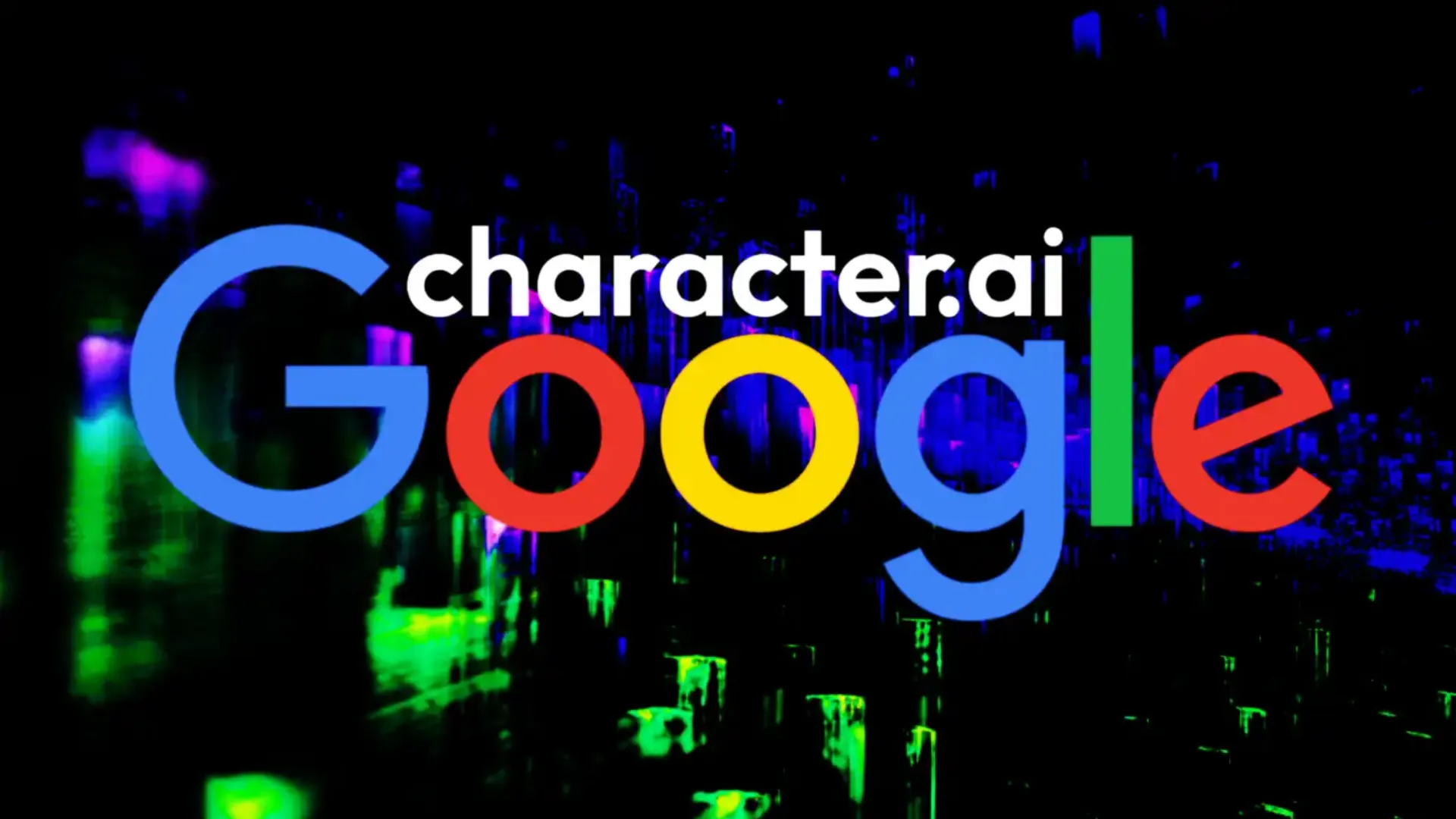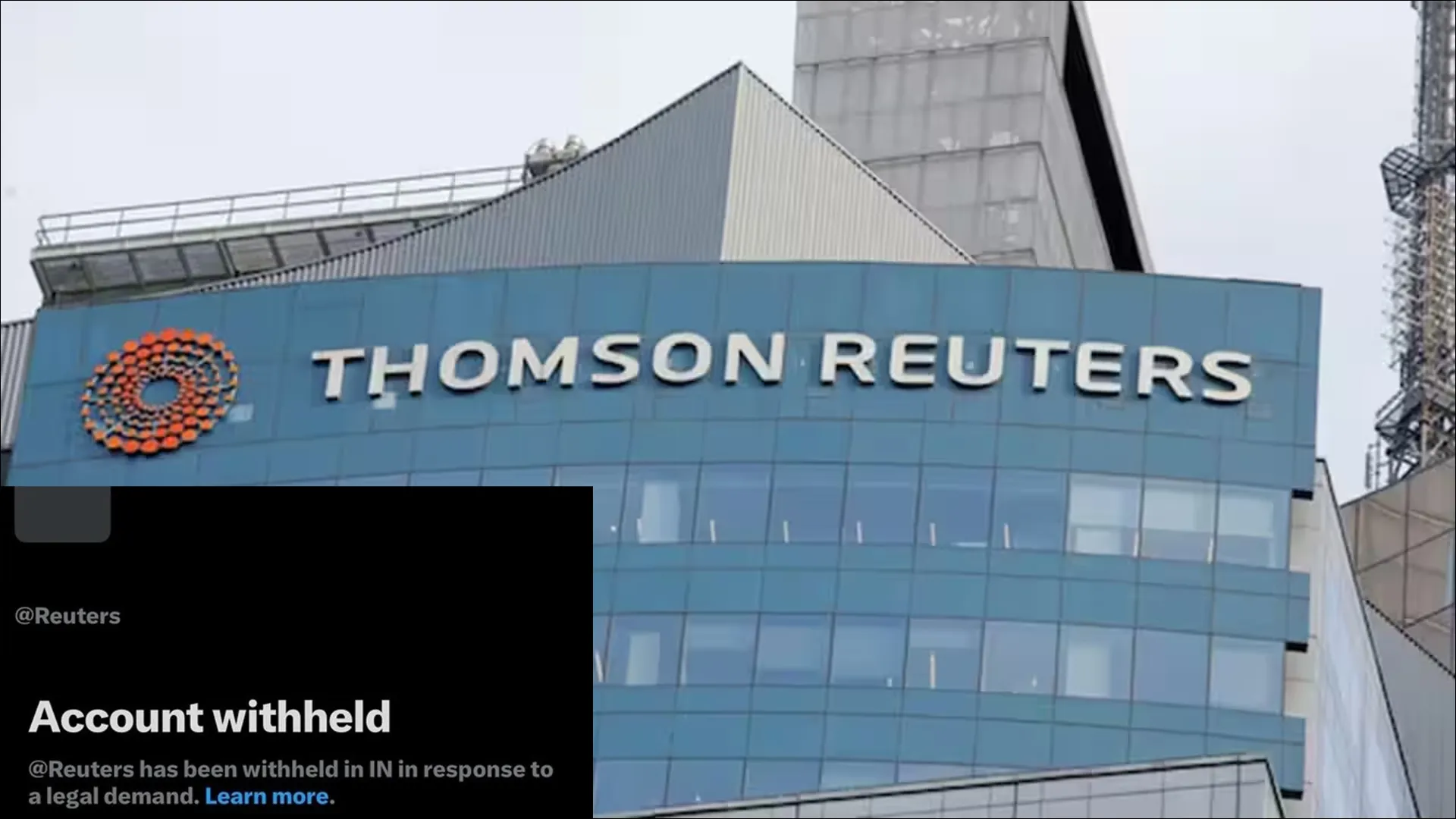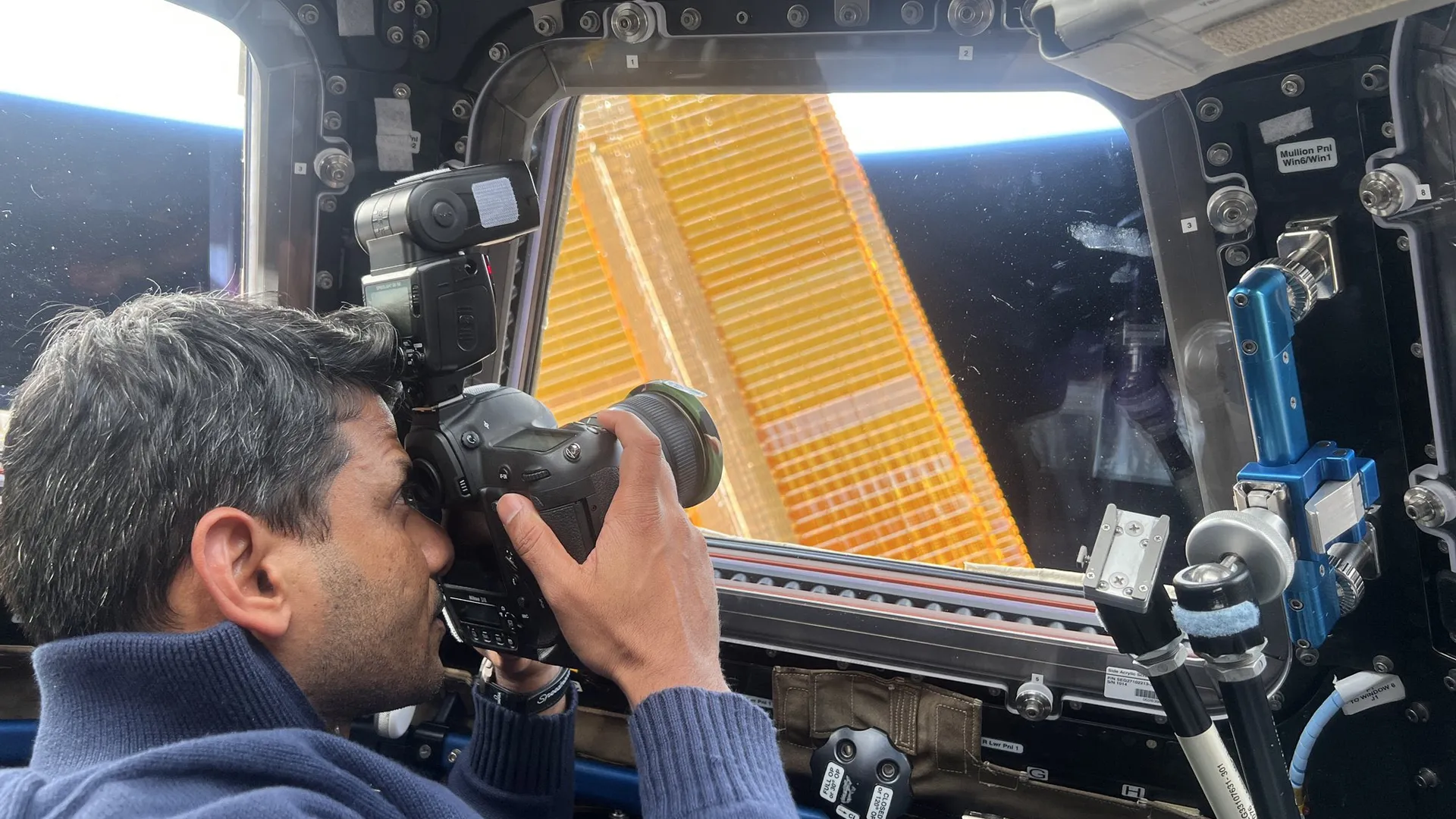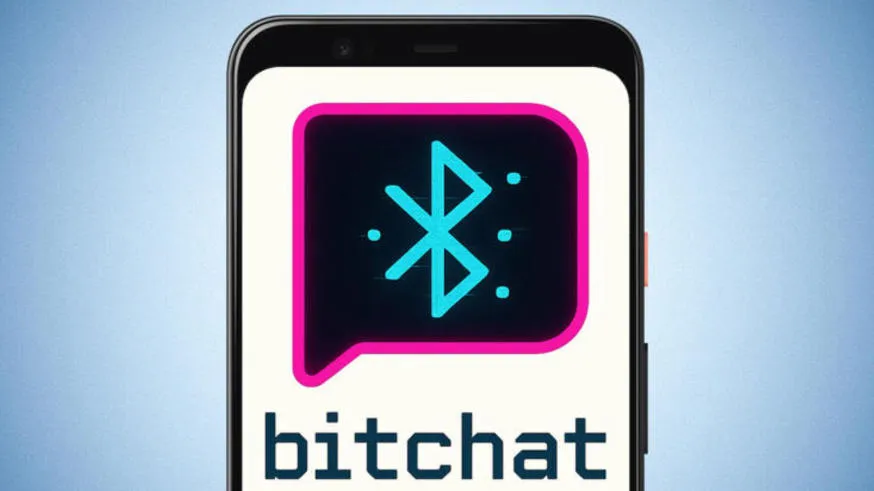The US Justice Department is investigating if Alphabet’s Google broke antitrust law in its deal with Character.AI that lets the tech giant employ the AI startup’s technology, Bloomberg Law reported Thursday.
Concerns Over Merger Approval Evasion
Antitrust regulators recently informed Google they were considering if it set up a deal with Character.AI to skirt formal government merger approval, the report stated, citing individuals familiar with the situation.
Google last year inked a licensing agreement with Character.AI that gave the search engine behemoth a non-exclusive right to the chatbot creator’s big language model technology. The firm also poached Character.AI co-founders Noam Shazeer and Daniel De Freitas, both ex-Google employees.
Google Responds to Scrutiny
“We’re always happy to answer any questions from regulators,” a Google spokesperson said. “We’re excited that talent from Character.AI joined the company but we have no ownership stake and they remain a separate company.”
Character.AI and the DoJ declined to comment immediately on Reuters requests.
The DOJ can review if the merger itself is anti-competitive even if it did not need a formal scrutiny, the report added, noting the antitrust investigation was in nascent stages and might not result in an enforcement action.
Character.AI’s Rise in Generative AI
Character.AI, which rose to popularity for creating chatbots mimicking celebrities and fictional personas, has become one of the most talked-about startups in the generative AI space. Its user base surged in 2023, making it a notable player in the race among AI firms vying for dominance in large language models.
Google’s involvement with the startup has drawn attention, not only because of the technology but also due to its recruitment of top talent from Character.AI. The situation has fueled debate over whether big tech companies are leveraging strategic partnerships to bypass regulatory scrutiny while expanding influence over promising startups.
While the probe is still in its early stages, the outcome could signal how regulators plan to handle similar AI partnerships going forward.























